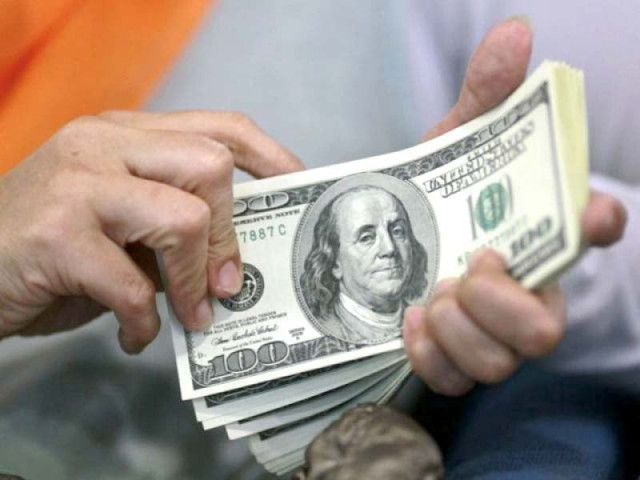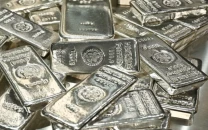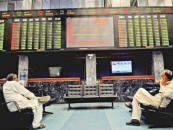Backing PM, exporters say rupee depreciation won’t help
Cite high energy cost, lack of competitiveness as crippling factors

Some of the measures the government can take immediately to contain the current account deficit include rupee depreciation, imposition of regulatory duty on non-essential imports, export promotion, floating dollar bonds and bilateral borrowing. PHOTO: FILE
Surprisingly, textile exporters agree with the prime minister that depreciation of the rupee against the dollar will not help increase exports.
Instead of bringing down the rupee’s value, the exporters are urging the government to reduce electricity and gas tariffs that have rendered Pakistan’s exports uncompetitive in the region.
“The biggest problem is that Pakistan’s exports have become uncompetitive, which is the primary reason for the major decline in exports,” Multinational Export Bureau CEO Babar Khan said.
“The devaluation of the rupee is a short-term measure to boost exports. It is negative for the economy in the long term,” said Khan, who runs two textile factories in Karachi, which export most of their knitwear to the European Union and United States.
Pakistan’s currency has remained stable against the dollar since 2014 mainly due to intervention of the State Bank of Pakistan (SBP).
On the other hand, India’s currency has depreciated over 4% while Bangladeshi taka has weakened about 3% against the dollar in the same period.
“Some of us say that negative perception of Pakistan due to security issues is hurting our exports, but that is not the case because until 2013 Pakistan had been able to touch $25 billion worth of shipments when security situation was much worse,” added Khan.
Owing to an expanding current account deficit, analysts believe Pakistan needs to immediately let the rupee depreciate to support its exports and reduce imports.
The prime minister seems to be in favour of reducing imports through different measures. However, some analysts believe Pakistan will have to devalue the rupee sooner or later.
Some of the measures the government can take immediately include rupee depreciation, imposition of regulatory duty on non-essential imports, export promotion, floating dollar bonds and bilateral borrowing.
Pakistan posted a much higher than expected current account deficit of $12.1 billion (4% of gross domestic product) in fiscal year 2016-17 (FY17). If the current situation persists, some analysts believe this year’s deficit may reach $16 billion (5% of GDP), the highest since FY08.
“The government needs to give confidence to exporters by fulfilling its promises made in recent months,” ChenOne CEO Mian Kashif Ashfaq told The Express Tribune.
Pakistan’s exports have declined about one-fifth since 2013. Shipments were recorded at $20.4 billion in FY17.
Kashif Ashfaq, whose company is one of the largest exporters of home textile products in Pakistan, added that there was a need to activate foreign trade missions in important countries along with other measures to give a boost to exports.
Published in The Express Tribune, September 2nd, 2017.
Like Business on Facebook, follow @TribuneBiz on Twitter to stay informed and join in the conversation.


















COMMENTS
Comments are moderated and generally will be posted if they are on-topic and not abusive.
For more information, please see our Comments FAQ